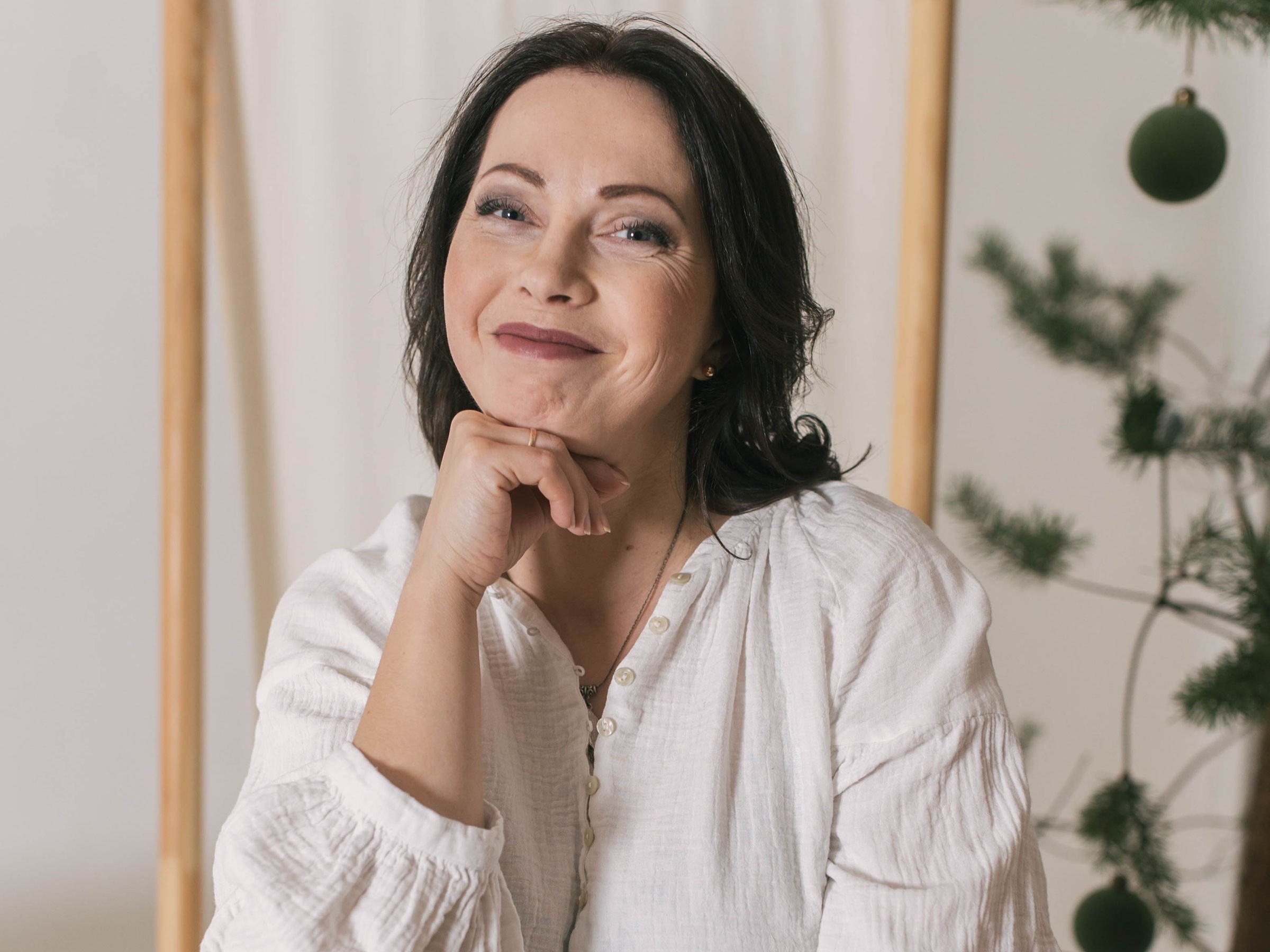
Imagine a sweet one-year-old eagerly and happily smearing your carefully cooked organic pumpkin all over his face, table and hair, watching with the interest of an explorer as the little pumpkin speckles fall to the ground, dissolving beautifully on the Scandinavian white kitchen tiles.
Imagine a chubby 2-year-old slapping the forehead of another child who has come to play with a sand shovel and a sand cake in the playground.
Imagine a three-year-old who says a loud and clear "No! I won't!", crossing his arms angrily on his chest.
And a special tribute to teenage parents from me - imagine a fourteen-year-old angrily stomping her feet and storming out of the room shouting "You never listen to me! You don't understand at all! Stupid builders and millennials!" ♥️
And then imagine your reaction.
Every cat knows that a one-year-old will grow up to be a savage who will never know how to eat in a normal, civilised way.
The 2-year-old will go to prison.
But a three-year-old will become an anarchist for whom no law or rule will be sacred!
The teenager will spend the rest of his juvenile years using drugs and running away from home.
After that, they will never want to meet us.
They won't bring their grandchildren to us, etc.
They are thoughts that shoot through our brains at the speed of light.
This is what makes us react with urgency to prevent the situation from escalating in the future.
But is all this really so important?
Each of these situations is a normal part of development and tells us nothing about the child's future.
So don't shoot sparrows with a gun!
Don't shout, don't dramatise, don't get angry, but be there, set an example, help to overcome difficult moments.
Try to see the child's real need behind the behaviour!
Find out more about the stages of child development and what to expect from them In the Emotional Education of the Child course. The next classes will start on 16 April, but you still have until 25 March to sign up for the early bird price!
